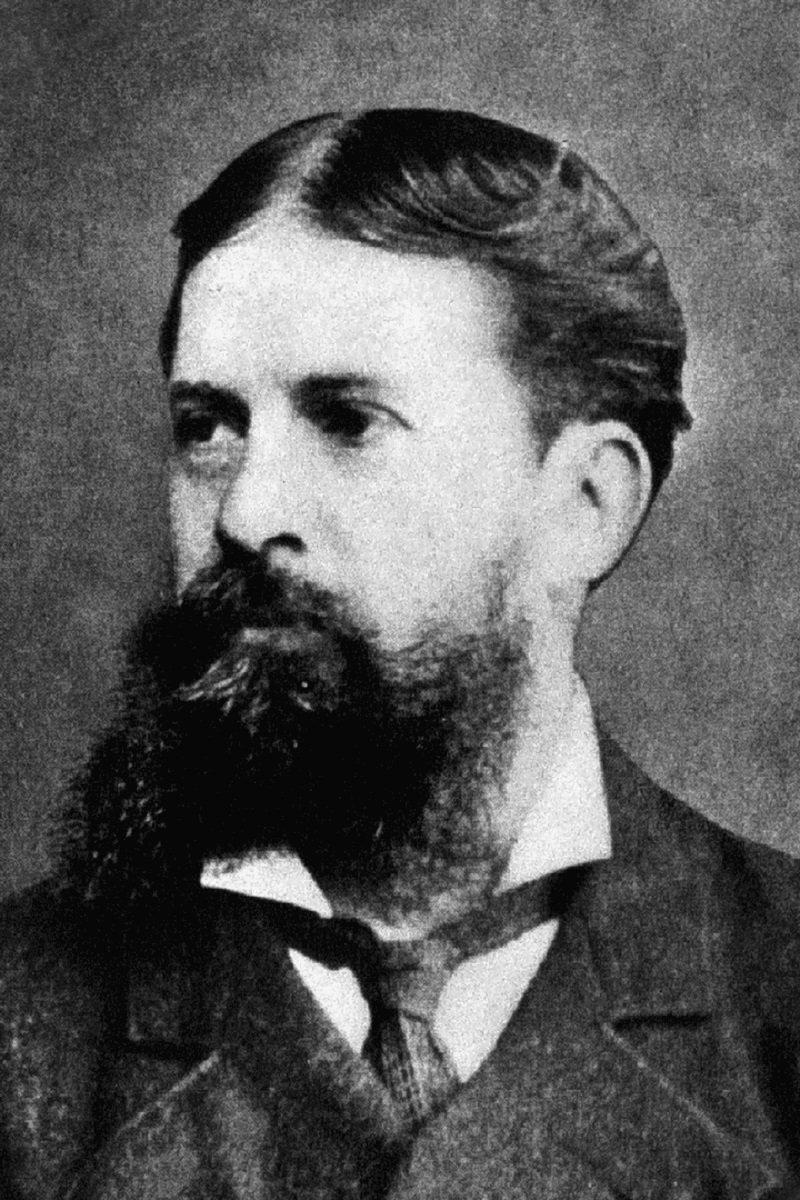チャールズ・サンダース・パースの名言
[1839.9.10 - 1914.4.19]
アメリカの哲学者、論理学者、数学者。ハーバード大学に学び、ジョンズ・ホプキンス大学で講師を務める。父親は、有名な数学者のベンジャミン・パース。彼の業績は、哲学や論理学、数学、科学哲学、符号論(セミオティクス)等多岐にわたる。特に、哲学ではプラグマティズムの創始者の一人として知られ、ジェームズやデューイとともにこの分野を牽引。論理学では、記号論理学の先駆者であり、三段論法の拡張や関係論理、量化論理などの研究を行った。符号論では、記号と対象の関係を詳細に分析し、その理論は言語学、コミュニケーション理論、文化研究など広範な分野に影響を与えた。パースの研究は後世において広く評価され、現代哲学、論理学、科学哲学の発展に大きく貢献したとされる。著作に『連続性の哲学』『偶然・愛・論理』『信念が固まるということ』等がある。
True science is distinctively the study of useless things. For the useful things will get studied without the aid of scientific men.
真の科学とは、役に立たないものについての研究である。なんとなれば、有用なものは科学者の助けなしに研究されるからだ。
The consciousness of a general idea has a certain "unity of the ego" in it, which is identical when it passes from one mind to another.
概念について意識には、ある種の「自我の統一性」とでも言うべきものがあり、それはある心から別の心に移っても同一なのである。
The entire universe is perfused with signs, if it is not composed exclusively of signs.
全宇宙が専ら記号だけで構成されているのではないにしても、それは記号で満ち溢れているのである。
The actual world cannot be distinguished from a world of imagination by any description.
現実の世界は、如何なる記述をもってしても、想像の世界と区別することができない。
Of the fifty or hundred systems of philosophy that have been advanced at different times of the world's history, perhaps the larger number have been, not so much results of historical evolution, as happy thoughts which have accidently occurred to their authors.
世界の歴史の異なる時代に提唱された50~100の哲学体系のうち、おそらくその多くは、歴史的進化の結果というより、書き手たちが偶然に思いついた幸運な考えであったのだ。
The only possible way of accounting for the laws of nature and for uniformity in general is to suppose them results of evolution. This supposes them not to be absolute, not to be obeyed precisely. It makes an element of indeterminacy, spontaneity, or absolute chance in nature.
自然法則や全体的な統一性を説明する唯一可能な方法とは、それらを進化の結果と仮定することである。これは、それらが絶対的なものではなく、正確に従われるものではないと仮定することを意味する。これにより、自然においては不確定性、自発性、あるいは絶対的な偶然性の要素があるということになる。
The origin of things, considered not as leading to anything, but in itself, contains the idea of First, the end of things that of Second, the process mediating between them that of Third.
物事の起源というものを、何かに繋がるという観点ではなく、それ自体として考えると、第一性の概念が含まれており、物事の終わりは第二性の概念を含み、それらを媒介する過程は第三性の概念を含んでいる。
In psychology Feeling is First, Sense of reaction Second, General conception Third, or mediation. In biology, the idea of arbitrary sporting is First, heredity is Second, the process whereby the accidental characters become fixed is Third. Chance is First, Law is Second, the tendency to take habits is Third. Mind is First, Matter is Second, Evolution is Third.
心理学においては、感覚が第一、反応の感覚が第二、一般的概念が第三、あるいは媒介である。生物学において、任意の突然変異の概念が第一、遺伝が第二、偶発的特徴が固定される過程が第三である。偶然は第一、法則は第二、習慣化の傾向が第三である。精神は第一、物質は第二、進化は第三である。
Were the ends of a person already explicit, there would be no room for development, for growth, for life; and consequently there would be no personality. The mere carrying out of predetermined purposes is mechanical.
人間というものの目的が明らかであったなら、発展や成長、生命の余地はなく、結果として個性も存在しないことになるだろう。あらかじめ定められた目的を単に遂行することは、機械的なものである。
When anything is present to the mind, what is the very first and simplest character to be noted in it, in every case, no matter how little elevated the object may be? Certainly, it is its presentness.
何事かが心に浮かぶとき、その対象がたとい高度なものでなくとも、どんな場合でも一番初めに注目されるような、もっとも単純な特徴と言えば何だろうか。たしかにそれは、そのものの現在性である。
1 - 10 / 19件
 本の読み放題はコチラ |
 本の聴き放題はコチラ |


